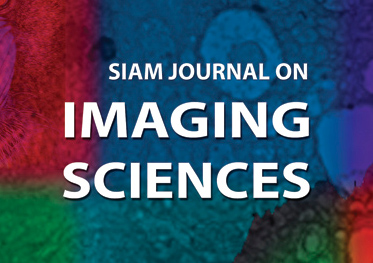- published
- 2017-10-29
- reference
- Nicola Pierazzo, Jean-Michel Morel, and Gabriele Facciolo, Multi-Scale DCT Denoising, Image Processing On Line, 7 (2017), pp. 288–308. https://doi.org/10.5201/ipol.2017.201
Communicated by Julie Delon
Demo edited by Gabriele Facciolo

This IPOL article is related to a companion publication in the SIAM
Journal on Imaging Sciences:
G. Facciolo, N. Pierazzo, J-M. Morel, "Conservative Scale
Recomposition for Multiscale Denoising (The Devil is in the High Frequency
Detail)"
SIAM Journal on Imaging Sciences 10(3):1603-1626, 2017.
http://dx.doi.org/10.1137/17M1111826
Abstract
DCT denoising is a classic low complexity method built in the JPEG compression norm. Once made translation invariant, this algorithm was still proven to be competitive at the beginning of this century. Since then, it has been outperformed by patch based methods, which are far more complex. This paper proposes a two-step multi-scale version of the algorithm that boosts its performance and reduces its artifacts. The multi-scale strategy decomposes the image in a dyadic DCT pyramid, which keeps noise white at all scales. The single scale denoising is then applied to all scales, thus giving multiple denoised versions of the low frequency coefficients of the denoised image. A 'multi-scale fusion' of these multiple estimates avoids the ringing artifacts resulting from the pyramid recomposition. The final algorithm attains a good PNSR and much improved visual image quality. It is shown to have a deficit of only 1dB with respect to state of the art algorithms, but its complexity is two orders of magnitude lower.
Download
- full text manuscript: PDF low-res. (1.7M) PDF (15.2M) [?]
- source code: ZIP
History
- Note from the editor: the manuscript of the article was modified on 2022-01-01 to include information about its editors. The original version of the manuscript is available here.
 IPOL Journal · Image Processing On Line
IPOL Journal · Image Processing On Line



